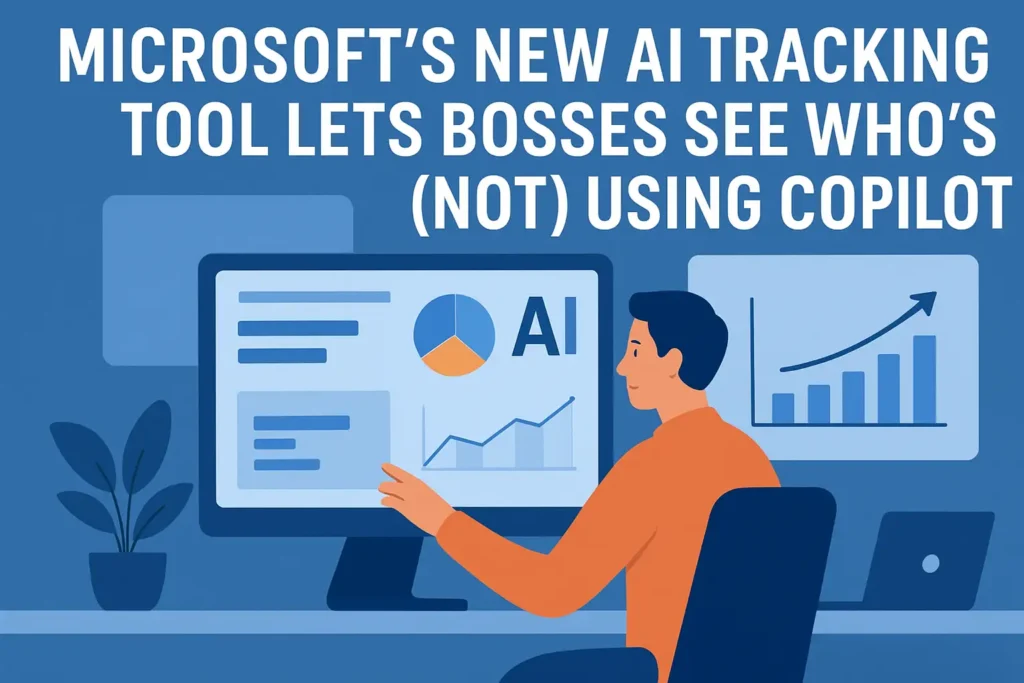Mid-sized companies today face the challenge of attracting and keeping skilled employees who drive competitiveness and growth. In a candidate-driven market, a systematic approach to talent management is essential, combining skills development with team motivation.
- Understanding Employee Needs
Successful talent retention starts with knowing what employees value:
- Career development and growth opportunities through training and advancement.
- Flexibility and work-life balance, including remote, hybrid, or flexible hours.
- Organizational culture emphasizing open communication, transparency, and influence over company processes.
Regular satisfaction surveys and development conversations help align HR policies with real employee needs.
- Skills Development and Training
Ongoing learning is key to keeping talent engaged:
- Internal and external training, industry courses, and workshops.
- Mentoring and coaching to transfer knowledge across the team.
- Participation in cross-departmental projects to build practical skills and foster integration.
Monitoring training outcomes and linking them to actual project needs, for example through tools like 4ga Boards, ensures relevance.
- Motivation Systems and Benefits
Retention depends on thoughtful incentives, both financial and non-financial:
- Bonuses for project completion or achieving KPIs.
- Benefits such as healthcare, gym cards, or flexible schedules.
- Recognition for engagement and achievements, publicly or individually.
Non-monetary motivation—acknowledgment and growth opportunities—can be as powerful as salary.
- Transparent Communication and Feedback Culture
Talent values clear insight into company goals, roles, and performance:
- Regular team and one-on-one meetings.
- Consistent feedback, both positive and constructive.
- Opportunities for employees to participate in project or process decisions.
Project management tools like 4ga Boards can enhance transparency and track progress, boosting engagement and ownership.
- Career Path and Succession Planning
Mid-sized companies often lose talent due to unclear growth paths:
- Create development plans for key employees.
- Prepare succession strategies for roles in case of departures or promotions.
- Involve employees in strategic projects to give responsibility and influence.
This approach helps employees see their future in the company and stay motivated to remain.
Summary
Retaining and developing talent in mid-sized companies requires a holistic strategy: understanding employee needs, continuous skill development, financial and non-financial motivation, transparent communication, and career path planning. Tools like 4ga Boards can support all these processes, ensuring clarity, efficiency, and team satisfaction.










